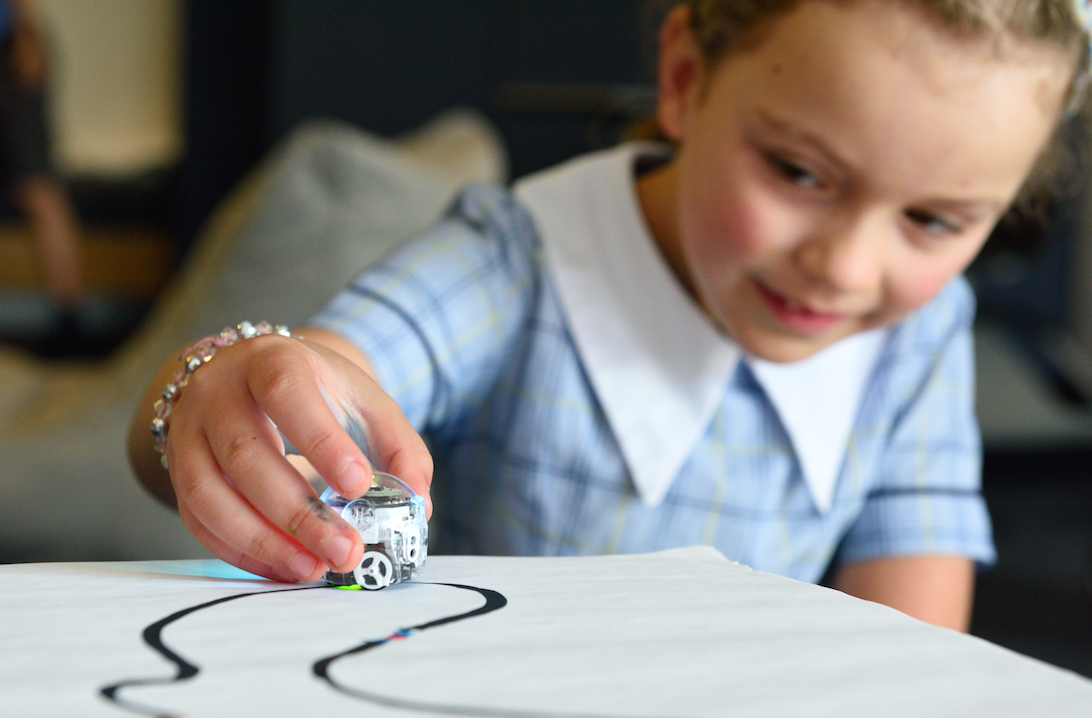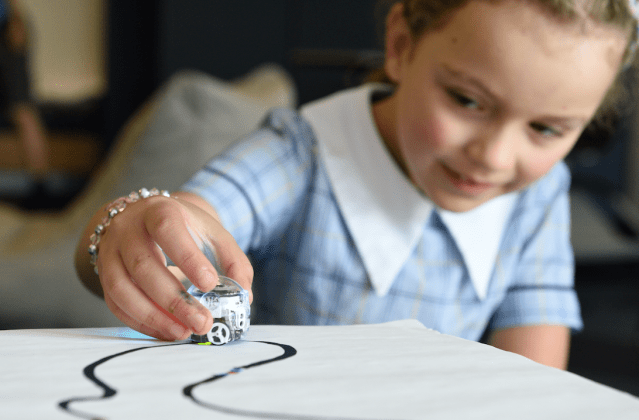
The stretch of winter between Christmas and spring break is traditionally a challenging time in the classroom. It’s a long time without a day off, all the kids have runny noses, invariably get three different colds, and are typically classroom-bound, longing for the sunshine that spring brings.
Is there a way to make that time go faster and be more productive? I wonder if setting some goals would help keep students focused and motivated? I’m not talking about the New Year’s resolutions kind of goal setting where you write aspirations down and then promptly lose the paper. I’m talking about achievement-oriented, meaningful, hard-to-accomplish individual and classroom goals.
Goal setting is an important skill for kids to have. If they are actually motivated by a goal, that internal self-commitment is a key element in self-regulation, giving them real-world practice at monitoring, controlling, and changing their own behaviors. Over time, the satisfaction of meeting a goal can become, all by itself, a reinforcer (Ever make a list after you do stuff, just so you can check things off it?).
It has a huge effect on performance. The simple act of setting an ambitious goal makes you achieve more. In fact, the harder the goal, the higher the achievement is. Assuming you have the desire and the skills to achieve it, of course.
We also know that the more specific your goal is, the more you regulate your own behavior. This makes perfect sense—if you want to go from a C-average to a B-average on your English homework, there are many different ways you could do that. But if your goal is to turn in 90% of your English homework without any grammatical or spelling errors, that’s a much different task.
Imagine the effect a handful of goals could have not only on student progress but also on classroom management.
If I were launching classroom and student goals as a get-us-through-the-winter goal program, here’s what I would do. I’d start by talking about goals with my class. Do we want to achieve something as a group? What things are important for us to work on as individuals? And I’d make sure that I had a handful of teacher-centric goals for myself ready to go. Something like grading quickly, or being on time, or whatever the kids might recognize as something I could improve on.
We’d also have to discuss how to measure. No vague goals for us. If we’re going to try and accomplish something, we need to be able to measure it frequently. As a student, just knowing where you stand can improve achievement up to 43%.
Next comes reinforcers. They can’t be too far away in time—no end of the semester stuff, or even the end of the week. What do the kids want to earn (besides the joy of completing the task, of course)? Five minutes of free time? Praise? A sticker? With kids, external motivators come first. I’d also want to make sure we have some big reinforcers in there because we’re going to use the small ones as stepping stones to some bigger ones.
Now that we have goals and some external rewards, we’ll set up a process. There are a few specific things we can do to make success more likely. First, we’re going to write our goals down. Studies show that can improve your odds by 33%. Next, we’re going to figure out how to achieve them, step by step. And we’re going to write that down, too. Something like, “During the next week, I will [engage in target behavior] on [day] at [time] in/at [place].”
Finally, we’re going to figure out how to get some reinforcement as close to the target behavior as possible. Meeting a goal almost inevitably means changing a habitual behavior, and the best way to do that is to have immediate positive results. This goes for adults, too. For example, if you have a personal goal of exercising 20 minutes three times per week, it’s far less likely you’ll maintain that behavior if you’re waiting for the scale to change as your reinforcement. If you can figure out how to give yourself a little treat right away, you’ll be much more likely to carry on. Tie the behavior to something else. Love competitive cooking shows? Decide you can only watch them on the treadmill.
Once you get started, you benefit from the actual experience of working toward the goal. Predicting our own achievement, looking at our data, talking about our progress, putting in the effort, and deliberately practicing are all classroom strategies that can double or triple student progress. I can imagine that this process, focusing on specific goals and celebrating successes, could keep us engaged and provide opportunities to build skills that aren’t explicitly part of our goals. It might even distract me from all the runny noses.











